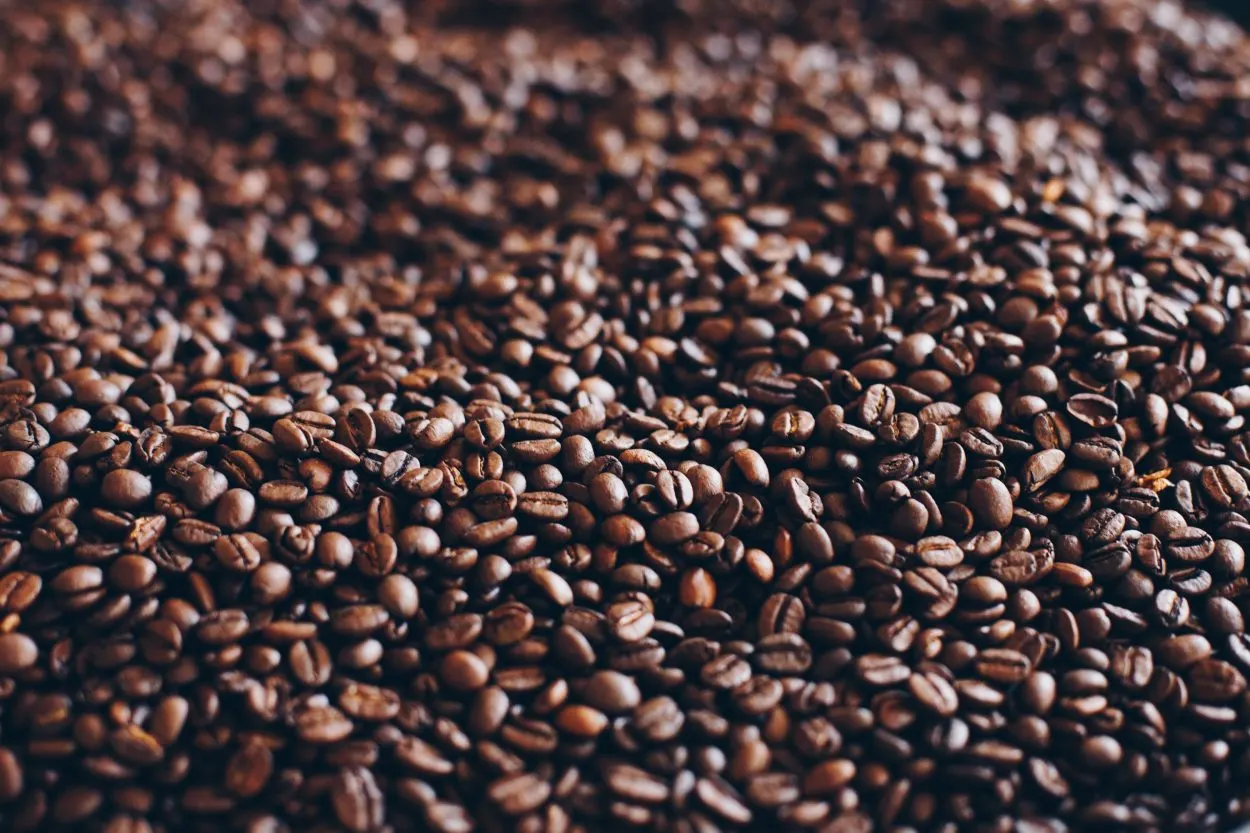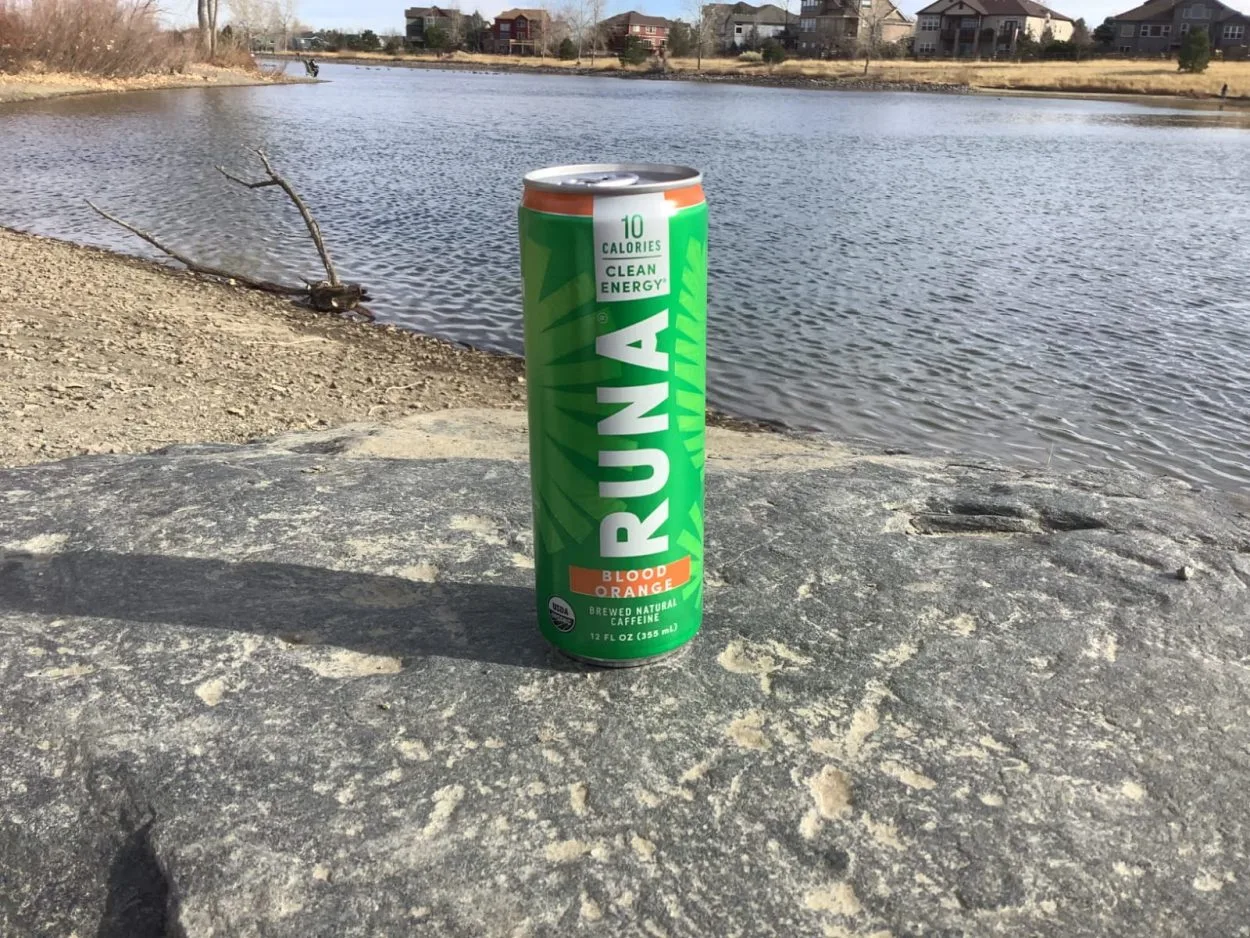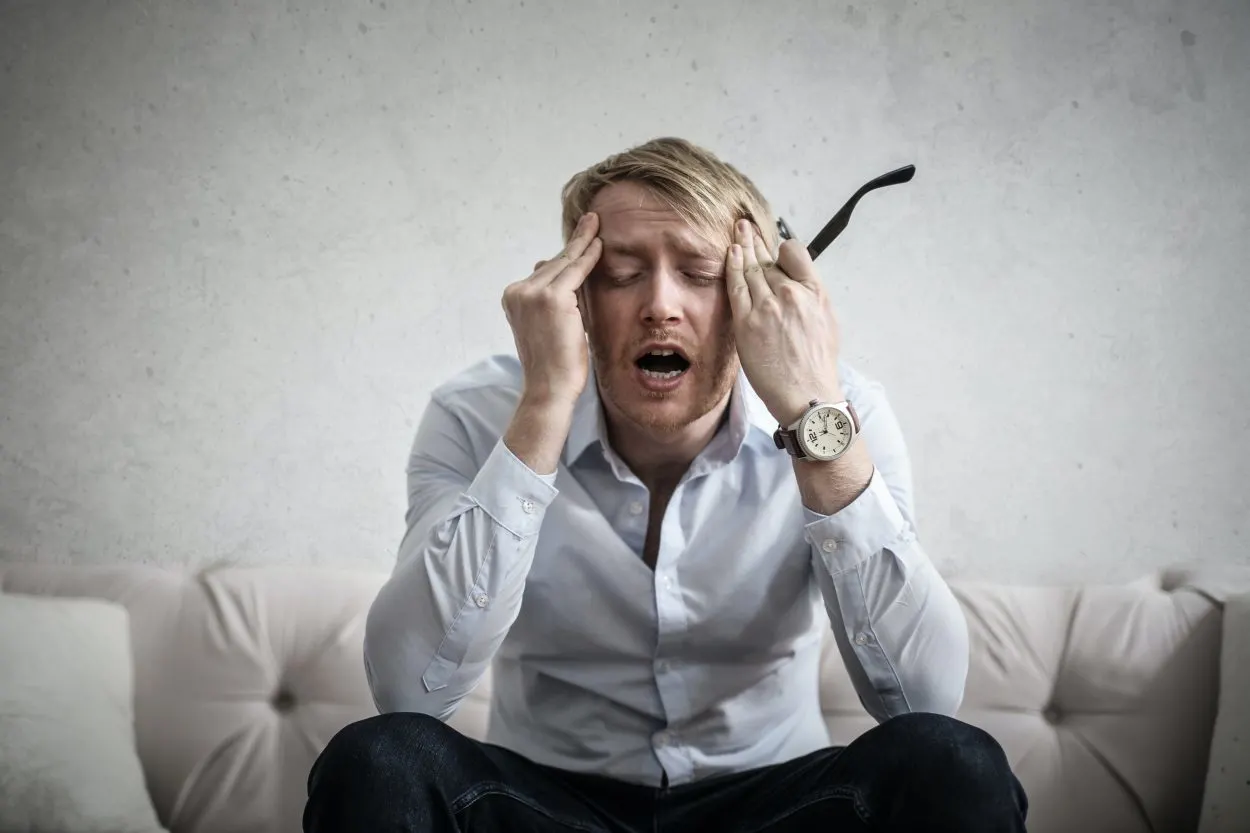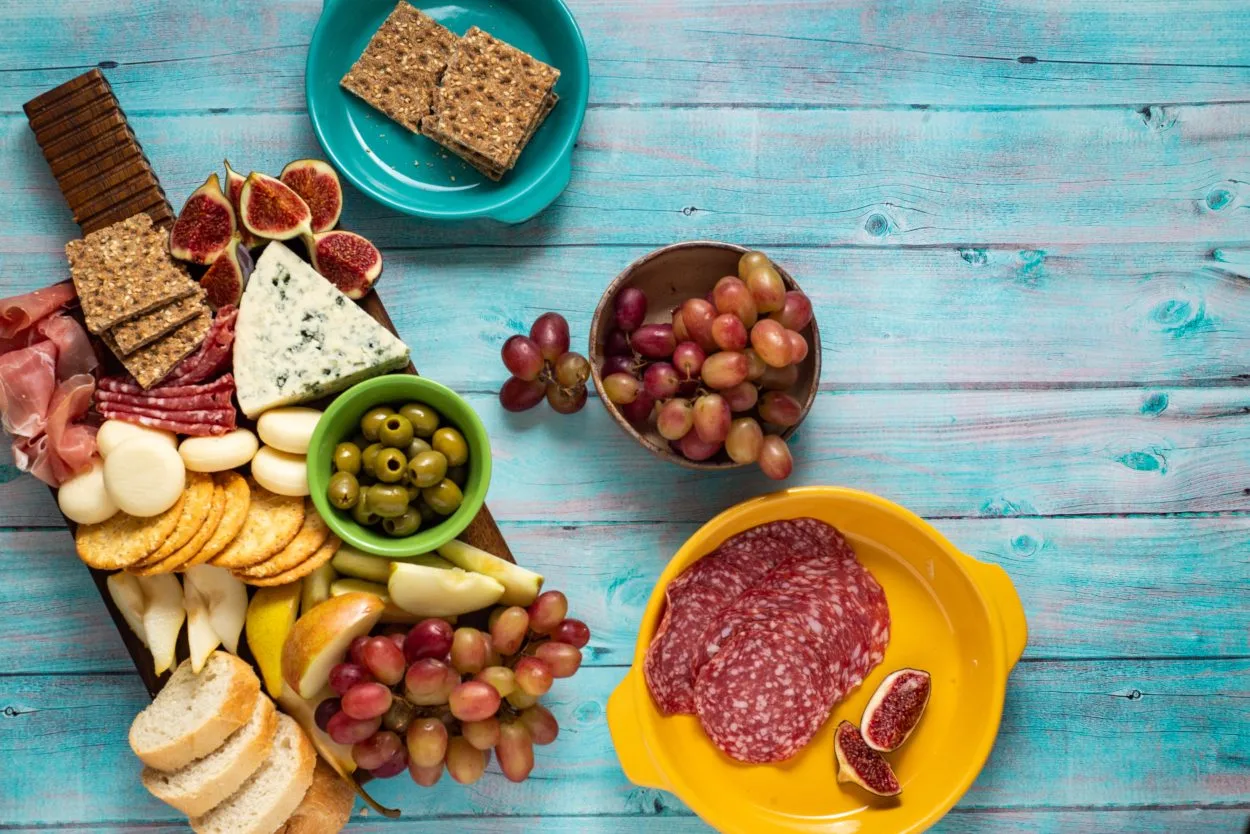
Instead of tracking calories, you should keep track of how much sleep you get. In particular, the number of hours you’re missing out on. Instead of actually sleeping, you’re trying to figure out how many hours you have left before your alarm goes off. Was it because of the energy drink you had?
Caffeine is one chemical that makes you reconsider your life choices and motivates you to get out of bed to do something finally, but the mechanism of caffeine is a fascinating subject to research. Everyone reacts to caffeine differently depending on their intake, contributing to its after-effects.
Caffeine affects you 15 minutes after you consume it. An hour later, the levels in your bloodstream maximize and stay there for several hours. Half of the caffeine you drink stays in your body for around 6 hours after consuming it. Caffeine may take up to 10 hours to completely exit your bloodstream.
As a naturally occurring stimulant, caffeine can become addictive as you develop a dependency on it. Caffeine does, after all, give you those warm and fuzzies on top of a boost in alertness, feelings that most caffeine users likely enjoy.
Please keep reading to learn more about caffeine and its lasting effects on the human body.
Page Contents
What is Caffeine?
Caffeine is a chemical found in over 60 distinct plant sources, including coffee beans, tea leaves, cacao seeds, and cola nut seeds. Caffeine stimulates the central nervous system by activating it. It can help you feel less wear and increase your concentration and focus.
It is a psychoactive chemical found naturally in coffee and is added to numerous sodas and energy drinks by manufacturers. While it is a socially acceptable substance, evidence of its safety and long-term effects is mixed.
Caffeine, in tiny doses, can make you feel more energized and focused. Caffeine in large amounts might make you uneasy and make sleeping difficult. In worst cases, an overdose can cause a heart attack.
Like many other stimulants, it can induce drug tolerance, which means you’ll need higher and more frequent doses to have the same impact. Increased intake could put you in life-threatening situations, creating damage you never imagined.
What is Caffeine Tolerance?
Caffeine tolerance refers to your body’s ability to respond to the caffeine you consume. Caffeine tolerance might develop if you continue to increase your caffeine intake. It means your body is no longer able to absorb caffeine’s nutrients and advantages. You do this by increasing your caffeine intake.
How you react to caffeine is influenced by your body mass, health, and metabolism. It also depends on how much caffeine you ingest in a single meal and if your body is acclimated to receiving regular caffeine doses. Your body’s sensitivity to it may be natural, and you may feel as if you’ve had 4-5 energy drinks after only a few sips.
Caffeine consumption has been linked to favorable cognitive benefits in several studies. A study published in the World Journal of Biological Psychiatry in 2013 revealed that drinking 2–4 cups of coffee per day could lower the risk of suicide in people. Caffeine is literally the reason why some people are alive right now, crazy!.
The FDA assessed that 400 mg per day—roughly four or five cups of coffee—is not typically linked to hazardous or adverse outcomes in healthy people. However, it’s best to keep to one serving a day only to avoid adverse side effects.
Is natural caffeine healthier than organic caffeine?
Natural Caffeine, which comes from plants like yerba mates, is healthier than organic caffeine since it provides a balanced caffeine boost and takes time to mix into your bloodstream, avoiding caffeine crashes.
On the other hand, synthetic caffeine will digest faster into your system and provide an immediate burst of energy but will also induce a speedier collapse. Making you feel those dreaded caffeine withdrawals and making you even more tired in some cases.
In contrast to natural caffeine, synthetic caffeine is manufactured from urea and chloroacetic acid rather than plant components. The effects of caffeine on the body and the final product are strikingly similar. In 1947, Scott et al. published a scientific study on synthetic caffeine in Science, concluding that it had the same stimulating effects on the body as natural caffeine.
The Food and Drug Administration (FDA) regulates caffeine in five product categories: meals, beverages, energy drinks, nutritional supplements, and over-the-counter medications.
More than 70% of respondents in the 2018 Food and Health Survey thought caffeine had a different effect on the body depending on the source (synthetic vs. natural) or were unsure.
Many vitamins and antioxidants contained in the same plant help to counteract the effects of natural caffeine. This means that ingesting natural caffeine throughout the day will result in a steady and slow release of the substance, which will alleviate many (if not all) of the adverse effects we associate with caffeine.
Sources of Caffeine
Caffeinated energy drinks (energy drinks) are touted as having the ability to increase your energy and alertness. Use them with caution and according to the label’s directions.
Energy drinks come in a variety of brands, flavors, and sizes. Red Bull and Rockstar Energy are two well-known brand names. Energy drinks are frequently marketed alongside other sugary beverages such as soft drinks, vitamin-enhanced waters, and sports drinks at supermarkets.
Ingredients other than caffeine
Caffeine is a stimulant found in energy drinks. Sugar, sugar replacements, vitamins, minerals, amino acids, and plants are all acceptable ingredients. All of these components work together to support increased energy levels and alertness. Excess sugars or added sugars, on the other hand, can have serious health consequences.
Are Caffeinated Energy Drinks Safe to Consume?

When used within the maximum daily amount specified on the label, energy drinks are typically safe for adults. Caffeine intake for most healthy persons is up to 400 mg per day.
However, some persons are incredibly susceptible to caffeine’s effects. Certain drugs interact with caffeine or other chemicals in some people’s bodies.
Energy drinks should be avoided by children, teenagers, pregnant or breastfeeding women, and those who are caffeine sensitive.
Energy Drink Recommendations
Runa Energy Drink

Guayusa is a plant that originated from the Amazon Forest and acts as a powerful caffeine source. Each can of Runa’s energy beverages contains 100-150mg of caffeine from Guayusa leaves. Guayusa, on the other hand, has powerful antioxidant qualities, which we haven’t addressed yet.
Since this product is unsweetened, it is one of the greatest sugar-free, calorie-free energy drinks available. It is available in several flavors like lime, pineapple, berry, and pomegranate.
Zevia Energy Drink
Zevia is sweetened with stevia and is one of our healthiest all-natural energy beverages, with 120 milligrams of organic caffeine.
As a result, it’s a calorie-free, sugar-free, carb-free, vegan, and non-GMO beverage. It comes in 15 varieties, several of which are unique, such as mango-ginger, grapefruit, and raspberry-lime.
Eboost Super Fuel
Although this energy drink is new to the market, BevNET media called it one of the most fantastic new products of 2019. EBoost contains several electrolytes, such as potassium, that aid in hydration, making it suitable for usage as a sports drink as well as an energy boost.
It has 110 milligrams of caffeine, so it’s no slouch when it comes to energy. There are ten calories in each serving, one gram of sugar, and three flavors: ginger-lime, orange mango, and strawberry lemonade.
Other Notable Mentions
How Long Does Caffeine Last in the Human Body?
The instant spike of caffeine is felt by most people within 10-15 minutes after ingesting it. After 45 minutes, your caffeine consumption is most certainly at its peak.
About half of the caffeine you consumed 6 hours ago is still in your body, keeping you alert and, if it’s bedtime, preventing you from falling asleep and making you relieve that time in 8th grade when you fell ass first on the ground right next to your crush.
Our bodies metabolize caffeine in different ways depending on our height, weight, how much caffeine we’ve had, and how reliant we’ve become on caffeine as an energy source.
After 12 hours
Nearly half of your caffeine dose has been digested by the time you reach 5-6 hours. Caffeine has a “half-life,” which is why you shouldn’t consume it close to bedtime. A suggestion is to avoid it around 8 hours before you want to retire to your bed.
However, this is just an average, and your caffeine sensitivity could play a role. Those who consume less caffeine, in general, will likely have a lower caffeine tolerance for those extra espresso shots and as a result, may have difficulty sleeping that night.
Caffeine Content Comparison
Caffeine levels in beverages vary a lot. Several things influence it, including the strength of the drink and the amount drunk, with cup size having a significant impact.
However, as a rough rule of thumb, an average-sized cup of soluble coffee contains around 65mg caffeine. A 30ml espresso cup contains about 50-60mg of caffeine. Finally, a can of cola or a cup of tea has 25-45mg of caffeine.
| Caffeinated Liquids | Size | Value (An average) |
| Filtered Coffee | 125ml | 85mg – (60-125) |
| Tea | 150ml | 32mg – (20-45) |
| Energy Drinks | 330ml | 80mg – (70-120) |
| Sugar-Free Soft Drinks | 330ml | 41mg – (26-47) |
| Chocolate Bars | 30g | 20mg – (5-36) |
Advantages of Caffeine
Caffeine can behave detrimental effects on health due to the presence of caffeine and sugars, yet research has proved that caffeinated energy drinks do possess some benefits:
- Positive effects on brain.
- Consumption in moderation has been shown to protect against liver cancer.
- Boost long term memory.
- Protection against type 2 diabetes, cardiovascular diseases, and stroke.
Disadvantages of Caffeine
On the other hand, caffeine at excessive dosages may have more negative health impacts. Several adverse side effects of drinking more than 400 mg of caffeine per day were documented in a 2015 assessment by Trusted Source, including:
- Anxiety
- Excessive Sweating
- Sleeping Problems
- Tremors
- Irregular Heartbeat
- Mood Swings
- Fertility Issues
- High Blood Pressure
Caffeine Withdrawal Symptoms

There comes a time when the caffeine embedded in your body starts to power off, leaving your body to fend for itself, yet I’d be fooling you if I said it does so effortlessly, causing no harm.
Caffeine may become physically addictive for certain people. Caffeine withdrawal occurs when these people don’t drink coffee or drink it in minor amounts.
If you’ve acquired a caffeine addiction, stopping suddenly can induce withdrawal symptoms:
- Low Concerntration
- Sleepiness
- Nausea
- Muscle Pain
- Low Mood
- Migraines
- Dehydration
How to Avoid Caffeine?
If you want to avoid drinking too much caffeine, you’ll need to examine where you’re getting it and reduce it.
If you’re attempting to cut back on your regular coffee intake or energy drinks, try switching to decaf, mixing things up with some herbal tea leaves from the cupboard, or consuming organic energy drinks.
Consider whether you really need the energy drinks if you merely want to make healthier coffee choices. They simply don’t provide the same benefits as a cup of coffee, and they’re frequently filled with sugar.
Alternatives to Caffeine
As a result of a growing trend toward healthy eating and a better understanding of how foods affect general health, many people wish to switch from caffeine-containing drinks to caffeine-free foods. Here’s a list of foods that will give you a healthy energy boost.
B-Vitamins

These vitamins assist a range of enzymes in carrying out their functions, including releasing energy from carbs and fats, breaking down amino acids, and delivering oxygen and energy-containing substances throughout the body.
Mood fluctuations, tiredness, and inability to concentrate are all symptoms of B-vitamin insufficiency. Include foods high in B vitamins in your diet, such as:
- Nuts and Seeds
- Lead Meat
- Fortified Cereals
- Nutritional Yeast
- Eggs and Milk
You could also take B-Vitamin pills to boost your energy levels. It’s also in energy drinks; however other similar-functioning substances dampen its effect to some extent.
Rhodiola
Rhodiola is a plant native to Europe, Asia, and the northern parts of Alaska. It has been used as a medicinal plant in Iceland, Sweden, France, Russia, and Greece for ages.
Rhodiola is used to boost energy, stamina, strength, and mental ability, as well as as an “adaptogen” that aids the body’s adaptation to and resistance to physical, chemical, and environmental stress.
It’s also used to improve sports performance, minimize recovery time after strenuous workouts, cure depression, and treat cardiac issues like irregular heartbeat and high cholesterol.
According to specialists, Rhodiola Rosea can be consumed as tea on an empty stomach. 2 tbsp Rhodiola roots, 1 tbsp honey, and 2 cups water are all you need to brew Rhodiola Tea which can be consumed before and after food.
Conclusion
Unless someone has ingested a large amount of caffeine or is extremely sensitive to the stimulant, the effects of caffeine usually only last for a few hours.
Even after the apparent effects have gone off, it stays in the body and may alter sleep habits. Caffeine use is generally regarded safe while breastfeeding; it is a good idea to stop 1-2 hours before a feed.
Anyone who has problems sleeping or waking up at a time regularly should see a doctor about underlying sleep issues. Exploring natural ways to boost energy levels may be a bright idea.
It is essential to keep in mind that caffeine consumption isn’t ultimately regarded as safe, yet alterations and limited consumption can cause you no damage.
